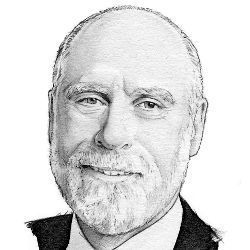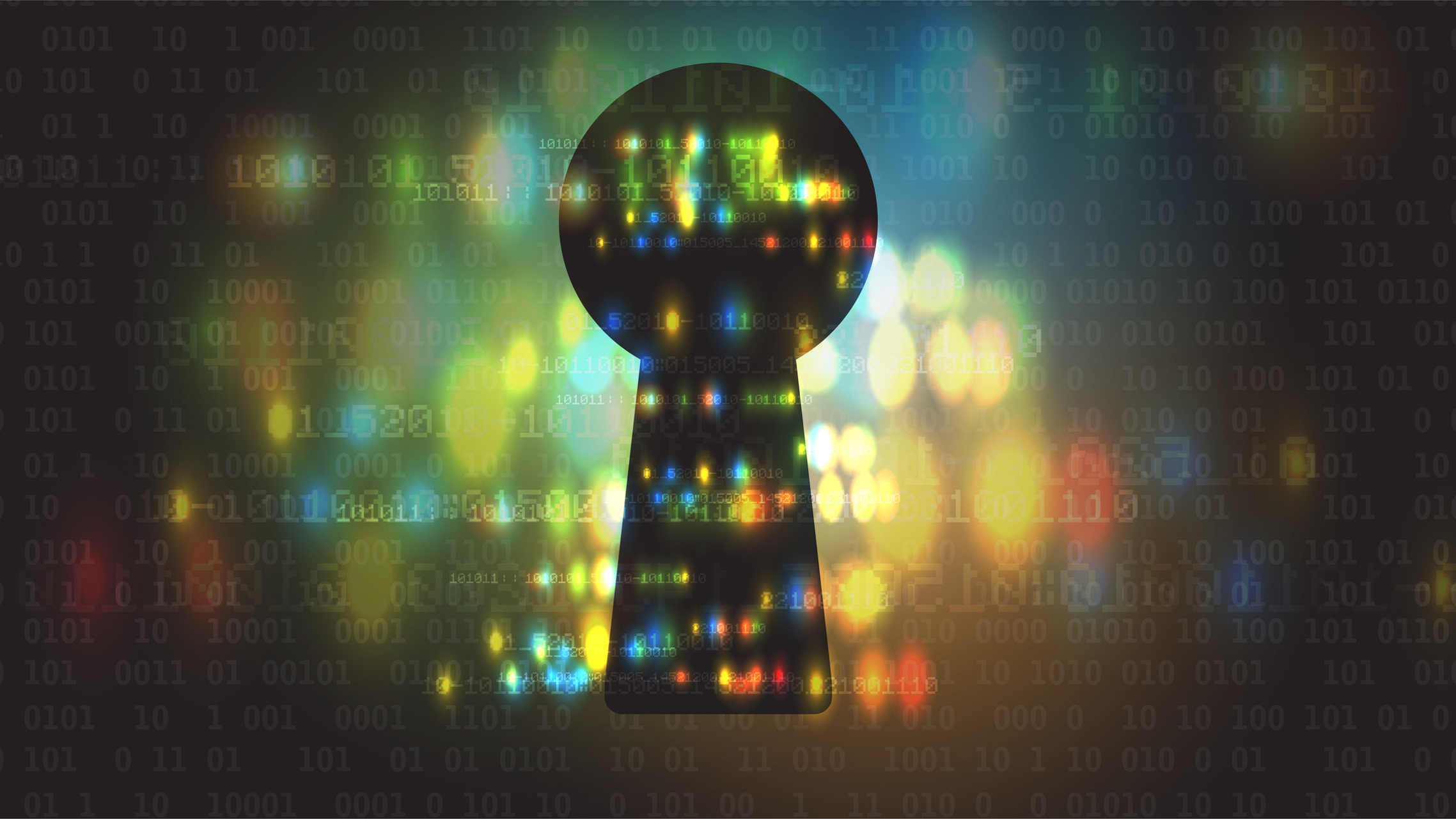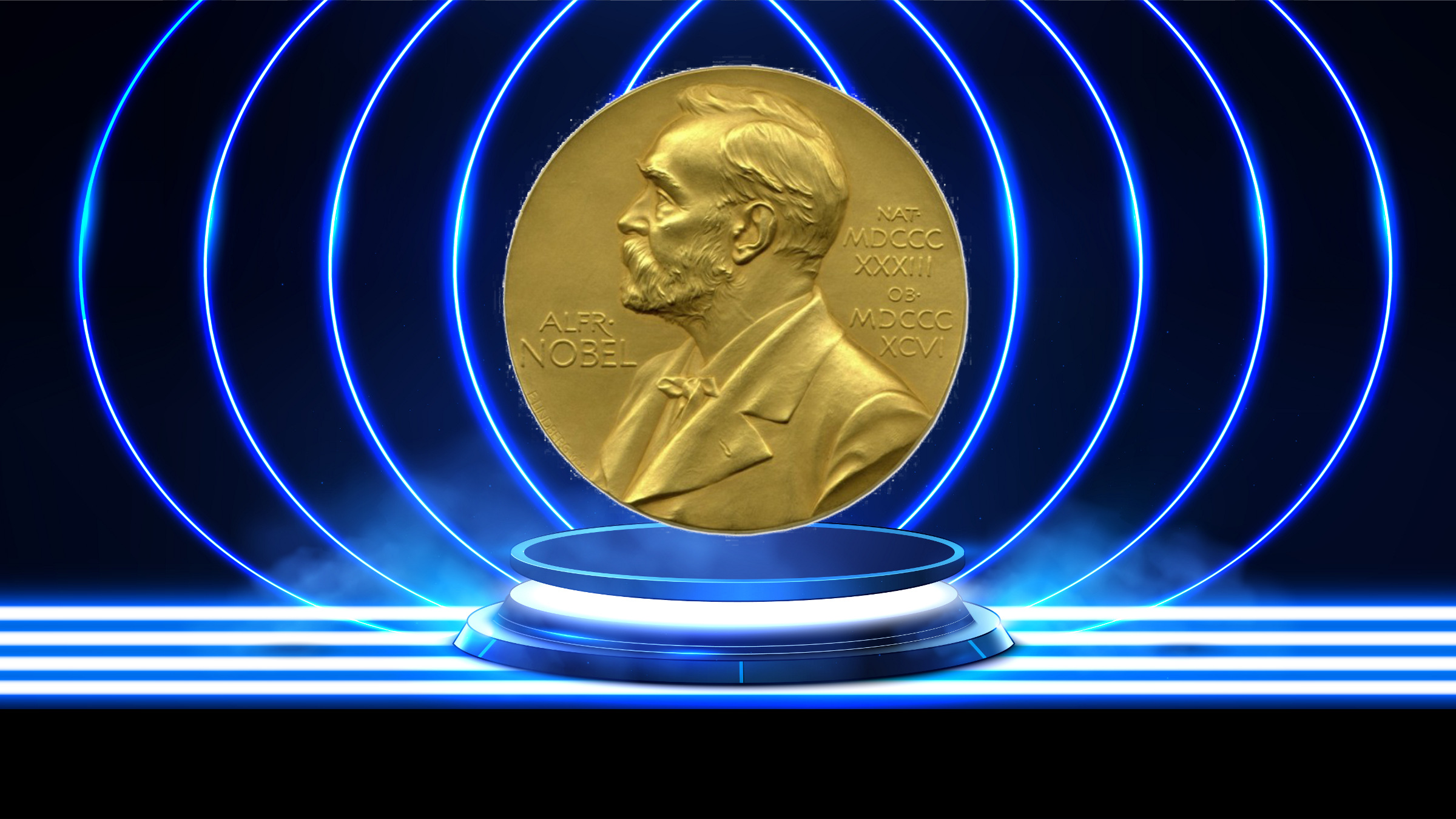
In June 2016, the U.K. held a referendum on its membership in the European Union. In November 2016, the U.S. held its national elections. In the run-up to both of these important decisional events, the Internet with its burgeoning collection of "information" dissemination applications, influenced the decisions of voters. The disturbing aspect of these (and many other decisional events) is the quantity of poor-quality content, the production of deliberately false information, and the reinforcement of bad information through the social media.
One reaction to bad information is to remove it. That’s sometimes called censorship although it may also be considered a responsible act in accordance with appropriate use policies of the entities that support information dissemination and exchange. A different reaction is to provide more information to allow viewers/readers to decide for themselves what to accept or reject. Another reaction is to provide countervailing information (fact checking) to help inform the public. Yet another reaction is simply to ignore anything that you reject as counter to your worldview. That may lead to so-called echo chamber effects where the only information you really absorb is that which is consistent with your views, facts notwithstanding.
The wealth (I use this word gingerly) of information found on the Internet is seemingly limitless. On the other hand, it is of such uneven quality that some of us feel compelled to exercise due diligence before accepting anything in particular. That calls for critical thinking and, as I have written in the past, this is something that not everyone is prepared to or willing to expend energy on. That is not a good sign. A society that operates on the basis of bad or biased information may soon find itself in difficulties because decisions are being made on shaky ground.
Unfortunately, we don’t seem to be able to guarantee that decision makers, including voters, will apply critical thinking, due diligence, and fact checking before taking decisions or propagating and reinforcing bad quality or deliberately counterfactual information. While the problem is more recognized now than ever, the proper response is far from agreed upon. It may even prove necessary to experiment with various alternatives. For example, rumors propagate rapidly through social media and recipients need tools to debunk them. The SNOPES website (www.snopes.com) provides information to expose false rumors or to confirm them using factual information and analysis. We can use more of this.
Of course, in many cases, the situation is less clear-cut and differences of opinion illustrate that there can be conflicting views of truth or falseness. What seems important is to have access to as much factual information as possible and to distinguish that from the opinions about the implications of these facts. U.S. politician Daniel Moynihan is credited with the observation that you are not entitled to your own facts, only to your opinions. Even here, of course, one can encounter differences of opinion about what is factual and what is not.
This suggests to me that in the modern Internet environment, where anyone can say pretty much anything and others can read it, we are in need of processes that will help readers/viewers who wish to evaluate for factual value what they see and hear. It is notable that in the waning period of the political campaigns leading up to the U.S. presidential election, some media began providing fact-checking to go along with their reporting. The malleability of content on the Internet and its potentially ephemeral nature reinforces my belief that history is important and that its preservation is an important part of democratic societies.
This leads me to conclude that ways to preserve the content of the Internet in the interest of avoiding revisionist history may prove to be an important goal for technologists who worry about these things. This must be balanced against notions such as "the right to be forgotten" that are emerging in various jurisdictions, most notably in the European Union. There are legitimate reasons to remove harmful information that makes its way onto the Internet, such as child pornography and information that leads to identity theft, for example. Finding a balance that preserves the value of historical record, corrects false or incorrect information, and supports due diligence and critical thinking is a challenge for our modern information era.



Join the Discussion (0)
Become a Member or Sign In to Post a Comment